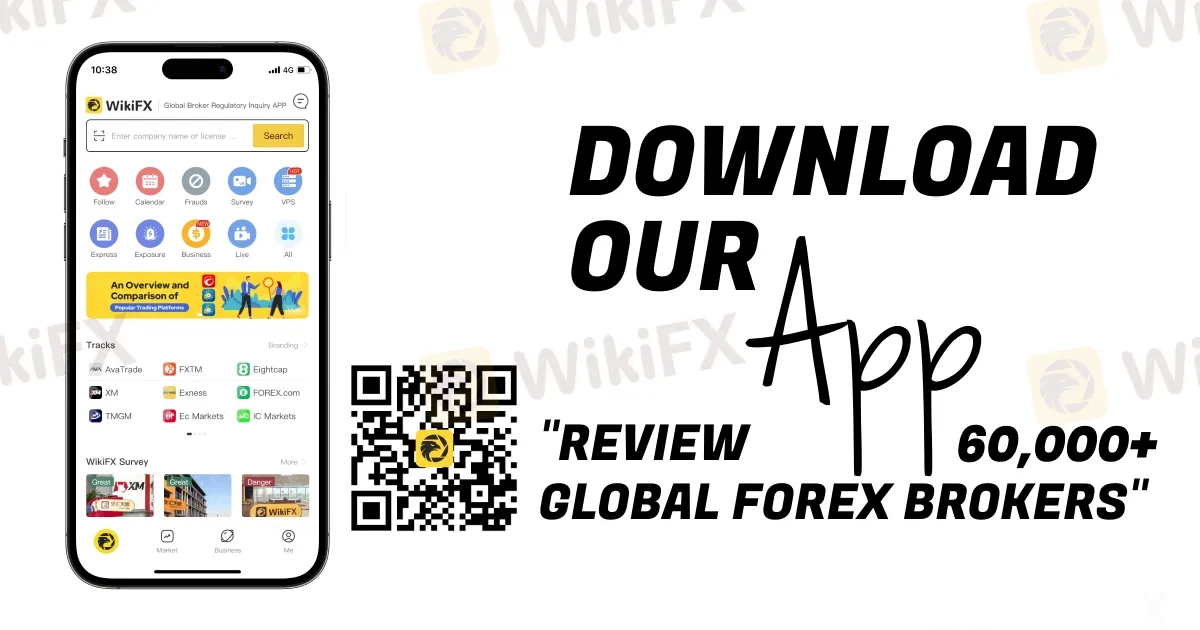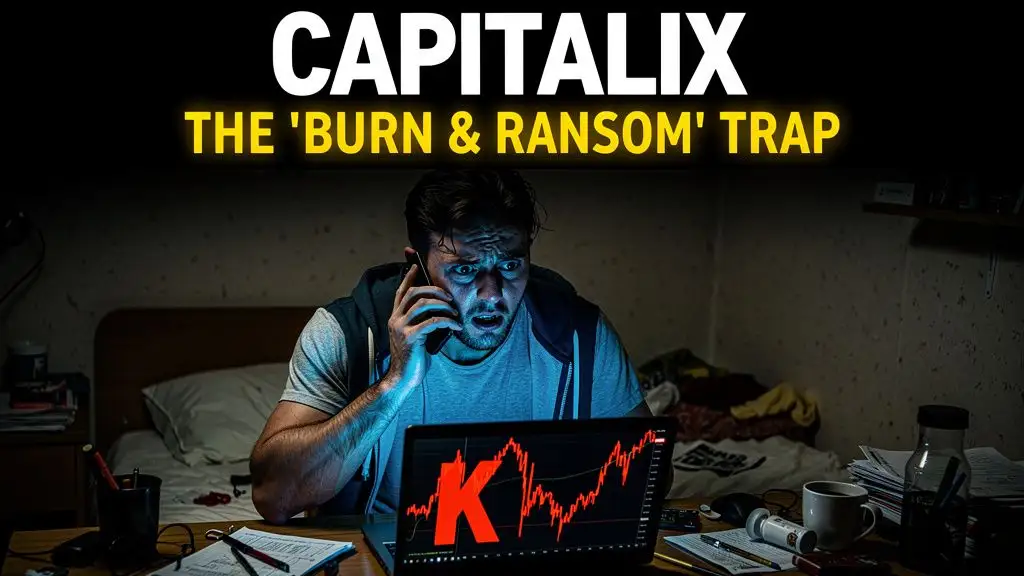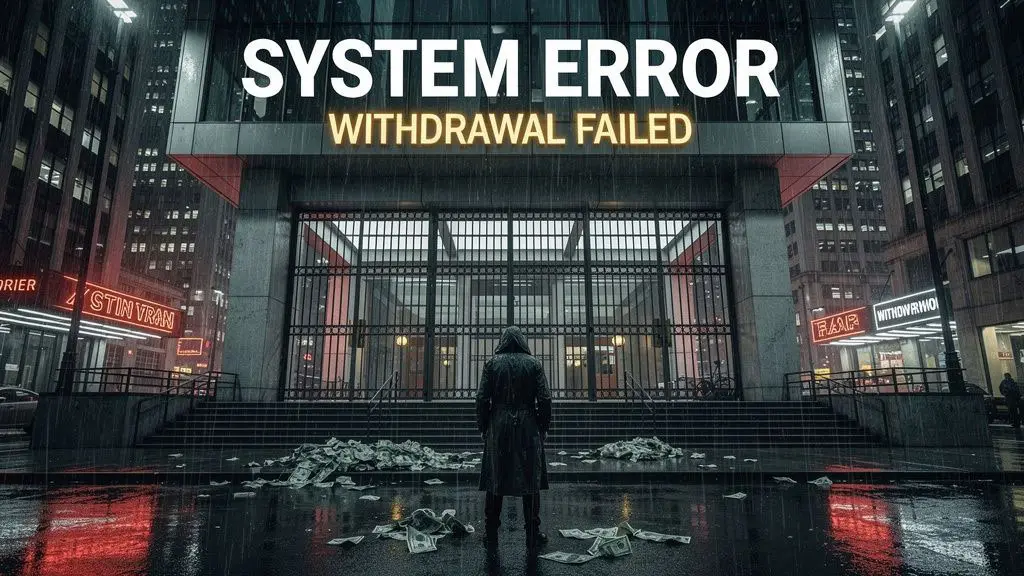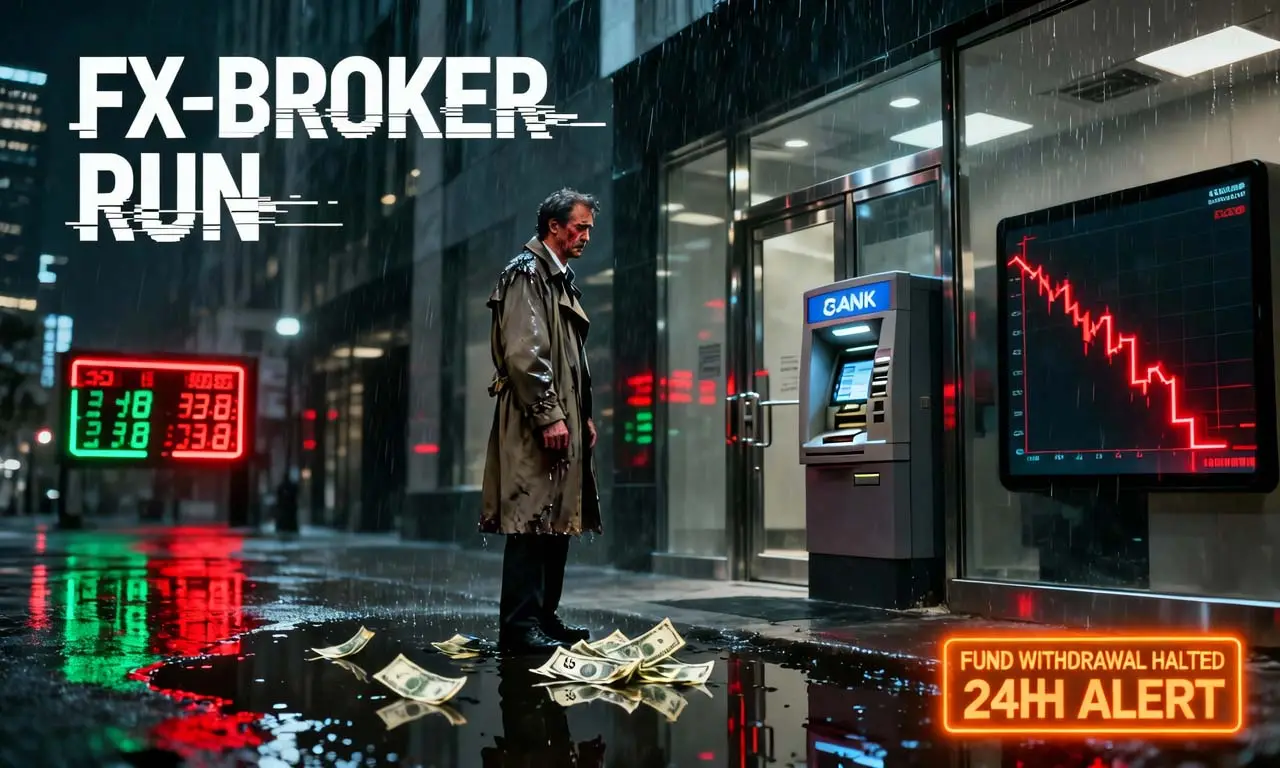Abstract:A review of why scam accusations are rare for regulated forex brokers in USA. Learn how strict the regulation of CFTC and the transparency ensure safety for traders.
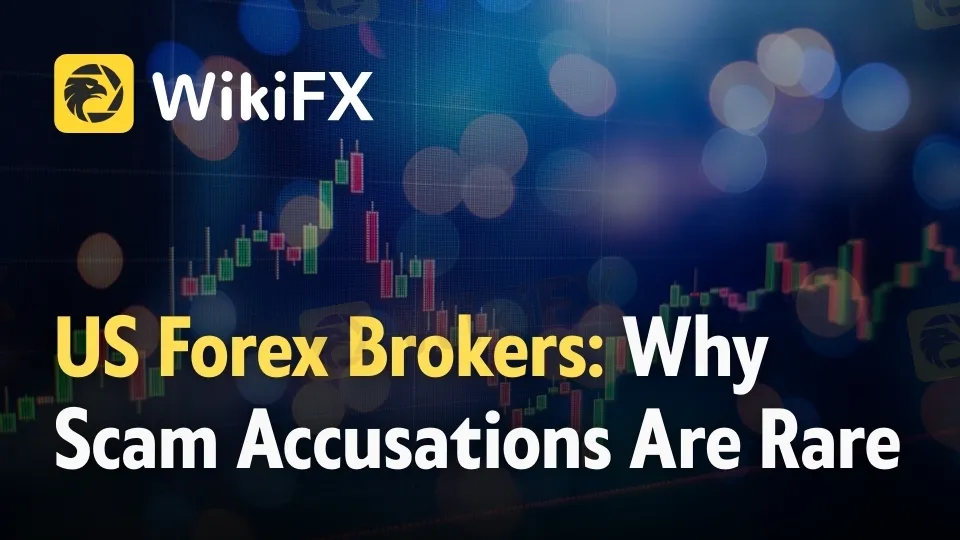
Regulated forex brokers in the USA are rarely accused of scams thanks to strict oversight, transparent operations, and strong consumer protection laws. Unlike unregulated offshore brokers, U.S.-regulated firms operate under highly controlled conditions set by agencies like the Commodity Futures Trading Commission (CFTC) and the National Futures Association (NFA). This framework prioritizes investor safety, making scam allegations uncommon compared to global markets.
The Role of CFTC and NFA Oversight
The U.S. foreign exchange market is closely monitored by CFTC-regulated forex brokers, which must comply with some of the strictest standards worldwide. The NFA, acting as an industry self-regulatory body, enforces guidelines that promote fairness, broker transparency standards, and financial integrity.
Every broker seeking to operate in the American financial market must register with the NFA and obtain approval from the CFTC. These regulators ensure that licensed brokers maintain adequate capital reserves, separate customer funds from company accounts, and provide access to dispute resolution mechanisms. This robust structure drastically reduces the risk of fraud, compared to unregulated environments where companies can disappear overnight.
Industry records show that while forex broker fraud cases in the USA have occurred historically, these cases nearly always involve unlicensed or foreign entities targeting unsuspecting retail traders. By contrast, the best regulated forex brokers in USA face rigorous audits and financial disclosures, making fraudulent practices nearly impossible without detection.
Why Regulation Prevents Scam Accusations
At its core, financial regulation in forex exists to maintain credibility and trust in the marketplace. The U.S. system takes a proactive stance by mandating compliance with broker transparency standards, safeguarding funds through strict custodial requirements, and punishing misconduct swiftly.
Traders often ask, “Is my forex broker legit?” The simplest way to verify legitimacy is through forex broker license verification on the NFAs BASIC database, where all member firms and individuals are listed with their regulatory history.
These safeguards drastically reduce the instances where a regulated U.S. broker might face accusations of misconduct. Some of the main protective features include:
- Segregation of customer funds: Protects trader deposits from company losses.
- Strict capital requirements: Ensures only financially stable brokers operate in the market.
- Mandatory registration: Prevents anonymous operations often linked to scams.
- Transparent reporting: Regular disclosures and audits provide greater accountability.
This multilayered approach explains why the safest forex brokers for beginners are often those functioning within the U.S. regulatory structure.
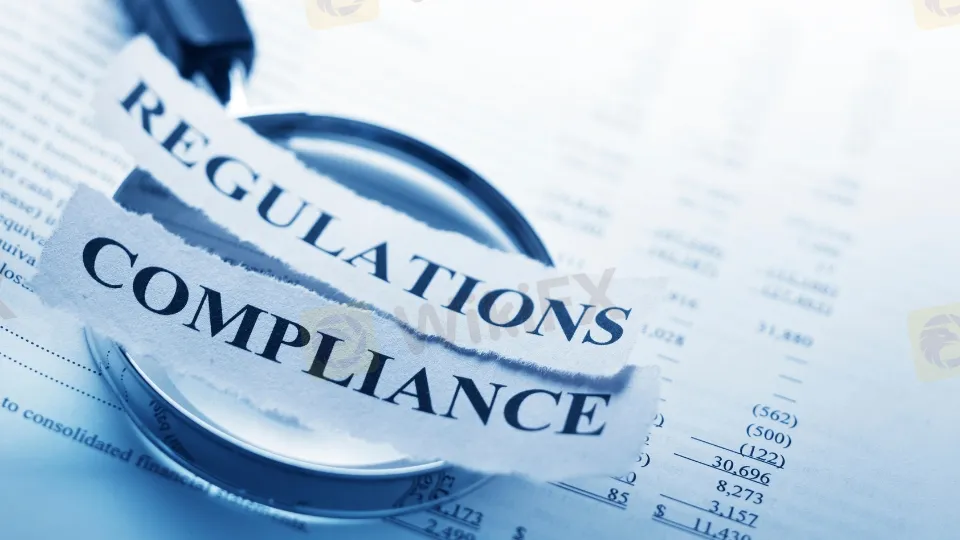
Comparing Regulated vs. Unregulated Brokers
When it comes to regulated vs unregulated forex brokers, the difference is stark. U.S.-registered firms undergo constant evaluation by regulatory agencies, while unregulated offshore brokers often operate without accountability. Scam warnings usually emerge around companies that lack any license or attempt to impersonate licensed entities.
In comparison, trusted forex brokers USA not only comply with rules but also adopt enhanced in-house measures such as client fund insurance, transparent pricing models, and advanced risk disclosures. For traders, this means that scam accusations are minimized not just because of government enforcement but also because firms themselves cannot afford reputational damage in a tightly monitored market.
Those who fail to check regulation status risk falling victim to firms often flagged on “forex broker blacklist USA” lists circulated online by investor watchdog groups.
Scam Prevention and Warning Signs
Despite the strength of the U.S. regulatory framework, forex broker scam warning signs still exist, particularly when dealing with offshore or unlicensed entities targeting American clients through digital platforms. To practice effective forex broker scam prevention, traders should look out for the following red flags:
- Promises of guaranteed returns in forex trading — a common scam tactic.
- Lack of registration with either the NFA or CFTC.
- Difficulty withdrawing funds or hidden withdrawal fees.
- Aggressive sales tactics demanding deposits.
- Misleading claims about regulator approval or tier-1 regulated brokers.
Understanding how to avoid forex scams often begins with learning how to verify forex broker regulation. Using free official tools, such as the NFAs online database, makes it simple to confirm legitimacy and track potential disciplinary actions.
Building Trust in U.S. Forex Trading
Investor confidence is crucial in forex markets, and the U.S. framework embraces a consumer protection forex philosophy. With capital adequacy requirements, strict risk disclosures, and high penalties for misconduct, the American environment champions forex trading safety USA.
Tier-1 regulated brokers remain among the most reputable institutions globally, serving both retail and institutional clients with transparency. Traders looking for forex broker legitimacy often find U.S.-regulated platforms ranked among the best regulated forex brokers USA, due to their publishing of regular audit reports and compliance records.
In September 2020, for instance, the CFTC issued enforcement actions against firms falsely claiming to be based in the U.S. This highlights the idea that while scams may still occur, they nearly always come from outside the regulated brokerage ecosystem. Inside the system, allegations rarely arise thanks to oversight and industry accountability.
Final Thoughts
For anyone asking, “How do I know if my broker is safe?”, the strongest answer lies in regulation. Scam accusations against regulated forex brokers in USA are rare because the American market demands transparency, enforces financial health standards, and maintains consumer-first policies. Choosing a broker without verifying its regulatory standing remains the most common reason traders encounter fraud.
Before trading, remember: Always check the brokers negative cases on the WikiFX app before trading. Scan the QR code below to download and install the app on your smartphone.
